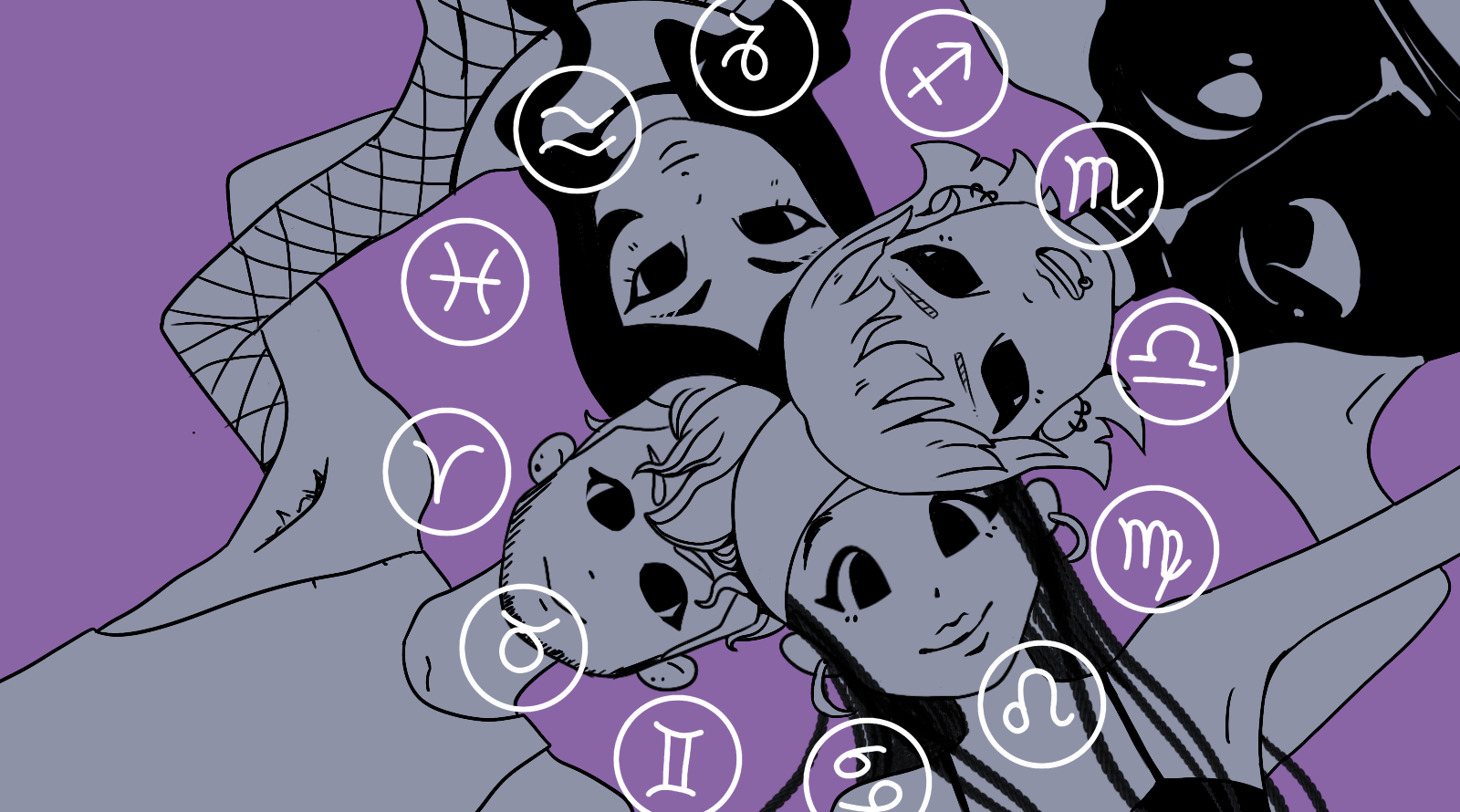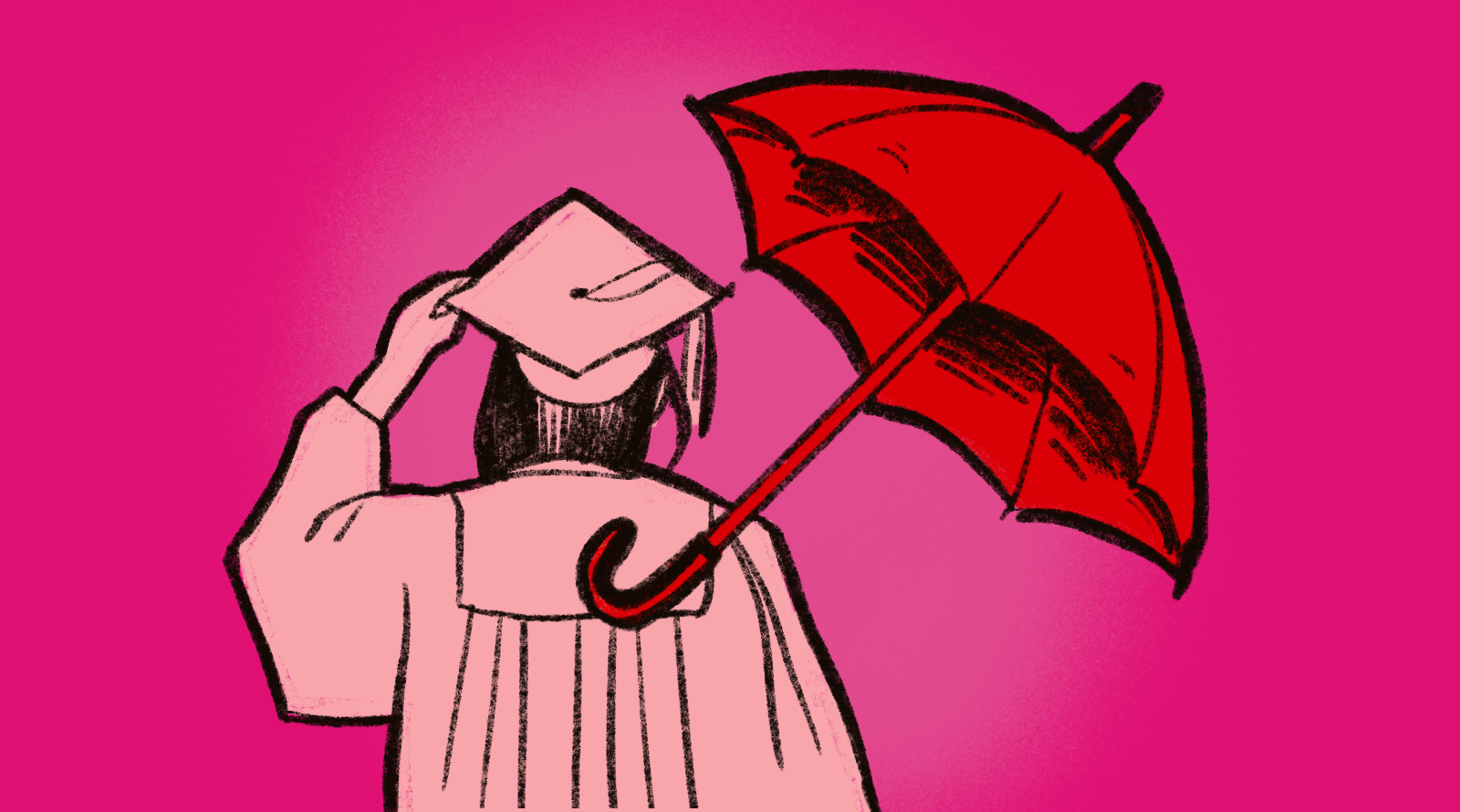The day everyone fighting for a free and open internet feared has arrived. After years of ignoring experts, the child safety portion of the United Kingdom's Online Safety Act is in full enforcement mode and as expected, the "legal duty to protect children online" has already inflicted chaos and collateral damage across the internet.
PornHub surprisingly implemented an age verification process for UK visitors, something it hasn't done in most USA states on privacy grounds, but figured it's okay to do in the UK. xHamster is forcing UK guests to make an account and have the owner of that account's age verified by a 3rd party called Yoti. McAfee claims over 6,000 adult sites have implemented some form of advanced age verification (facial age estimation, photo-ID matching, digital identity services, etc.) for UK users already.
Bluesky disabled direct messages until you prove you're over 18. X is blocking random content for accounts that it thinks might be used by people under the age of 18. Discord is making all UK members use a third party called k-ID to verify the age of their accounts. Spotify will close your account if they think you’re under 18 and don’t successfully demonstrate otherwise. Reddit blocked access in the UK to groups like r/periods, r/stopsmoking, r/stopdrinking, and r/sexualassault, multiple war/conflict media groups, as well as all NSFW tagged groups and accounts unless your account has completed an age verification process via a 3rd party called Persona - that was easily defeated by pointing your phone at an image of a video game character.
Popular indie game website itch.io decided to block NSFW/adult content for all UK visitors "until we find and implement a solution for age verification we are comfortable with". Others, like fan fiction site Archive of Our Own, are taking the stance that if it's not a USA law it doesn't apply to them so they'll ignore it.
Wikipedia began legal proceedings to challenge its classification as one of the highest risk services, which would require it to "verify the identity of many Wikipedia contributors, undermining the privacy that is central to keeping Wikipedia volunteers safe" that it claims "could expose contributors to data breaches, stalking, lawsuits, or even imprisonment by authoritarian regimes".
Open Rights Group is actively maintaining a list of websites blocking the UK entirely as to avoid onerous age verification processes. Some of them are not what you expect.
- The Interactive Fiction Archive - a collection of text adventures
- Kandi Patterns - a community to share bead patterns
- Dads With Kids - a support group for single fathers
- Lobsters - a tech discussion forum
- The Hamster Forum - exactly what you think it is
- Hexus - a computer enthusiast forum
These sites chose not to introduce age verification due to a mix of cost, uncertain privacy implications and a moral objection to the entire Online Safety Act. By blocking UK visitors they don't have to worry about harassment from UK groups scouring the internet (*cough* TERFs *cough*) and dobbing them in to Ofcom.
Meanwhile, Brits are firing up VPNs at record levels, with Proton VPN boasting of a 1,400% increase in sign-ups from the UK. As beautiful as it is to see mass disobedience from our antipodean friends, it opens up a whole new risk vector with all those people now at the mercy of VPN providers - which as we've discussed in the past on this blog - VPN providers have the ability to intercept all your internet usage.
Persona, Yoti, k-ID and other third party services are also experiencing record levels of usage as people scramble to verify their accounts across the internet. Can we trust these services? What are they doing with the data they capture? How do the non-government ID age verification systems even work? What's the point of them when they're so easily bypassed by pointing your phone at a video game character? Will they suffer similar security breaches as AU10TIX did last year, or Tea just a few weeks ago? So many questions, so few answers.
We also don't know what the impact will be for sex workers on platforms that have UK customers. Will they shy away from paid services due to not wanting their identity linked to their private sexual habits? Based on Pornhub's experience of an 80% drop in viewers when they implemented age verification in Louisiana, there's going to be some impact - we just don't know yet how big of an impact it will be.
Despite all this messing around with our beautiful internet, it can almost be justified if it means kids aren't warped by all the supposed perverts lurking in cyberspace, right? Jonathan Haidt's book, The Anxious Generation captured the minds of politicians and is widely regarded as the catalyst for these laws sweeping the Anglosphere. But as scientific journal Nature writes, the book's claims are "not supported by science" and when other scientists try to replicate Haidt's findings, the results are "a mix of no, small and mixed associations". Hardly the type of research a government should be forming society changing legislation around.
The action is centered in the UK right now but the UK is the tip of the iceberg when it comes to age verification on the internet. YouTube is voluntarily restricting accounts belonging to people under the age of 18 in the USA. Australia is forging ahead with age verification for 16 year olds in December. The USA's Kids Online Safety Act, while currently dormant, is sitting, waiting to introduce wide-scale age verification systems there too.
The situation we find ourselves in is uncharted territory, but exactly what the experts and activists said would happen, has happened. Now we have to deal with the consequences of our political class willfully ignoring them.
Got a tech question for Ada? She wants to hear from you!
Ada answers all your questions about tech, the online world, and staying safe in it. No question is too silly, no hypothetical is too far-fetched! Learn to leverage devices, systems, and platforms to your benefit.





